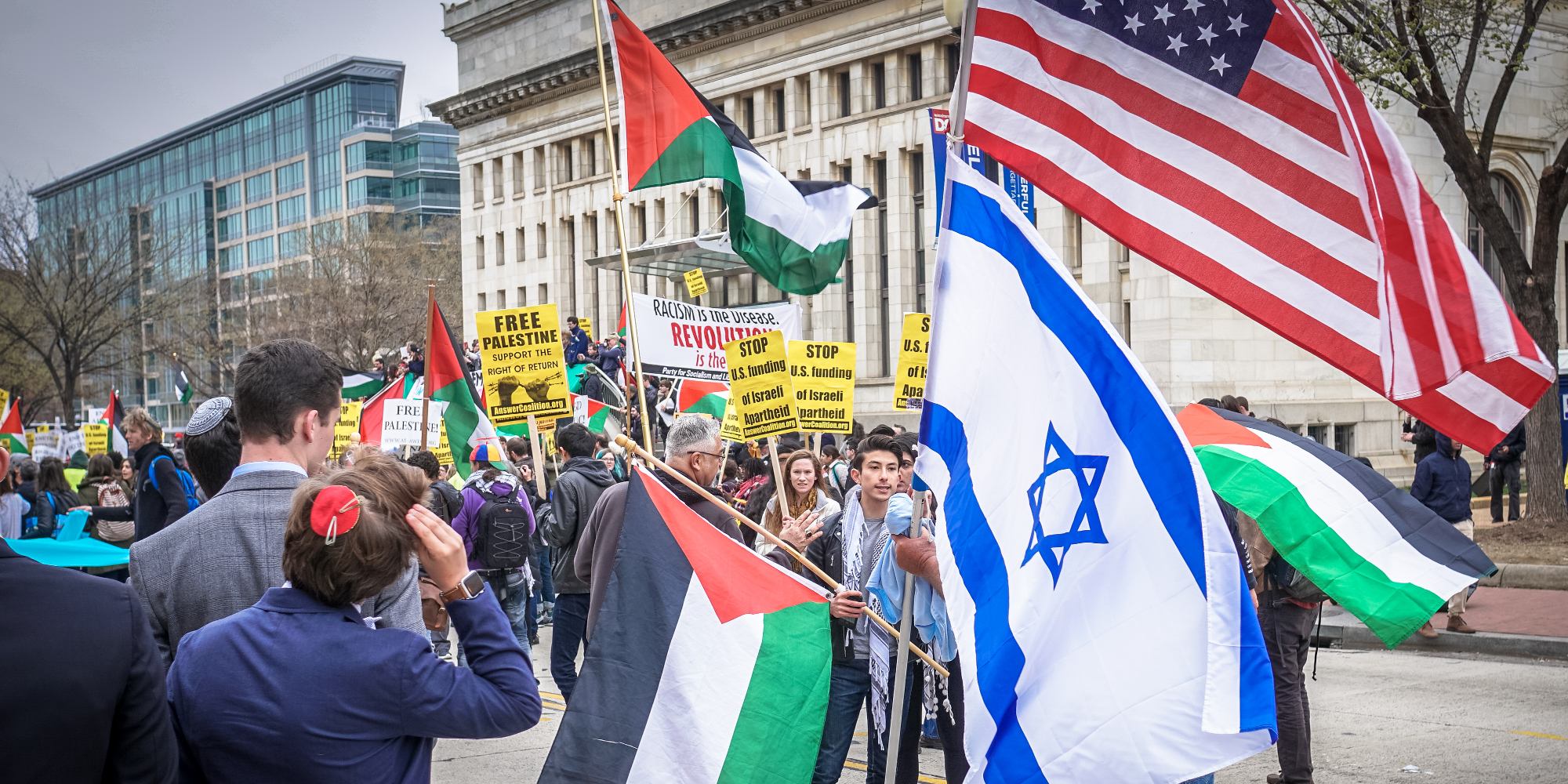We seem to be living in a time of constant and persistent conflict at all levels – personal, communal and global. While many conflicts find their resolution, some linger for so long that we feel a need to “coat” them with a positive perspective. This is how we gave birth to the concept “comfortable conflict.”
It turns out that in inter-communal and international arenas alike, sometimes conflicts are not so comfortable as they are a reflection of failure of leadership, by leadership, to quell their very human biases in support of the well-being of their constituencies. Sometimes, loss aversion, fear of regret, and action-inaction bias take over pragmatic and rational considerations, leaving us with a discomfort that receives rebranding as comfort. The following article, first published by the Cyprus Center for European and International Affairs, examines these three very human stumbling blocks on the road to resolving conflicts.
Are Comfortable Intractable Conflicts Really That Comfortable?
While most inter-state and inter-communal disputes eventually see their way to a resolution, about 5% of them end up dragging on for years, decades, even centuries. These disputes are called “intractable.” Some examples of intractable conflicts are those between Israel and the Palestinians/Arab World, the conflict between India and Pakistan over the disputed territory of Kashmir, and the dispute in Cyprus.
Overall, and probably rightly so, most people tend to see disputes as a major disruption: to peaceful co-existence, safety and security, commerce, development, and human rights. But alongside the “negative” view of conflicts, scholars also explore the possibility that certain intractable conflicts are actually “comfortable,” presenting the disputants with incentives to actively avoid seeking a resolution.
While the conjunction of the words “conflict” and “comfortable” appear intuitively to be the very definition of an oxymoron, in the case of the conflict of Cyprus, the “comfortable intractable” conflict perspective holds, for example, that:
“… the once violent inter-communal conflict in Cyprus has transformed through the decade into a comfortable status quo that has enabled the main stakeholders, and everyone else directly or indirectly influenced by the problem, to take advantage of the situation on the ground, which has in turn developed a desire to intentionally protract the comfortable conflict.”
But there is another way to look at comfortable intractable conflicts, and that is as not so “comfortable” but actually as “chronic” stalemates where, despite the hurting nature of the situation, the disputants still choose to maintain the status quo, either because they may think that the “cure” (resolution) may be worse than the status quo ante, or because they behave in a predictably irrational manner that results in a permanent choice of the default (status quo) position, effectively negating the possibility of ever moving toward resolution.
Dan Ariely, a Professor of Psychology and Behavioral Economics at Duke University and the author of several books exploring human decision making, has developed a possible explanation for the question of comfortable intractable conflicts. According to Ariely, politicians and other decision makers in such situations end up steering their constituencies into extended periods of intractable conflicts, which are, in fact, anything but comfortable, because of three main reasons: loss aversion, fear of regret, and action-inaction bias.
How do these three human reactions come into play to create the comfortable intractable conflict picture?
Loss Aversion: According to Ariely, when contemplating proactive steps to change the status quo, decision makers are often driven by a tendency to focus, and emphasize on what can be lost if things go wrong, as opposed to what may be gained if things go right. While it’s totally reasonable to assume that taking risks exposes to both the possibility of losses and gains, we usually end up spending much more time contemplating the downside of failure than the upside of success. Such an attitude inevitably leads to an aversion from loss, which in turn leads to avoiding taking any action that can effectively lead to a change in the status quo – such as a resolution, for example. Since no change is likely to take place spontaneously, loss aversion inevitably increases the possibility of resolution avoidance.
Fear of Regret: Fear of regret is another powerful driver to do nothing. Since taking risks can lead to either gains or losses, if we do something, there is clearly a chance that things will not go right and we may live to regret our decision to act. Conversely, if we take no action whatsoever, it seems to us that there is less cause for regret; it is easy to see how the intuitive perception can be very misleading in this case. After all, not taking an action can lead to the same sense of regret as taking an action. But the perception alone is usually enough to freeze us into inaction – lest we regret our action.
Action-Inaction Bias: This bias is a different way of describing fear of regret. The bias expresses itself in a strong sense of regret that accompanies an action we take, compared to a smaller sense of regret that we feel when we do nothing (inaction). This differential intensity is explained by the fact that, having taken an action, we can track it back in our memory all the way to the decision point and even before it; this process causes us to feel that had we not taken any action we wouldn’t be in the current situation today (the situation we regret), and such a recognition is usually accompanied by self-recrimination, intensifying the action bias. After several experiences of action-based regret, we will be much more likely to choose inaction.
How does all that connect to protracted comfortable conflicts? Well, it turns out that decision makers and politicians tend to “suffer” from loss aversion, fear of regret and inaction bias; that is quite understandable, since public officials tend to constantly worry about being blamed by their constituencies for taking actions that turn out to bear negative results, or be judged as incorrect. Politicians abhor regret – it’s a sign of weakness, and hints at bad choices and faulty decision making. What would be easier than claiming that the conflict is “comfortable” and that “time is on our hands” and avoid all these unpleasantness?
This article was originally published in the July newsletter of the Cyprus Center for European and International Affairs at the University of Nicosia.




